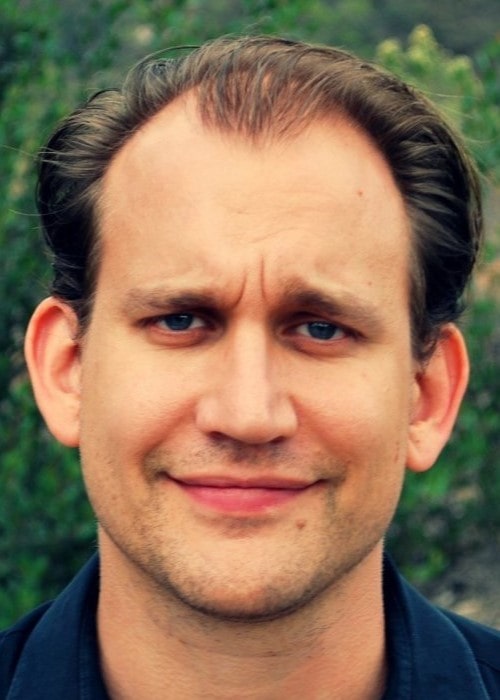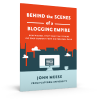The Downward Path To Wisdom
By Marc Thomas Shaw
LIKE THIS BLOG?
GET MORE LIKE THIS – DELIVERED TO YOUR INBOX.
Quick thought exercise. Who is it you think of in your own life that you associate with the word wisdom? Someone who doesn’t get caught up in games of status and recognition? Someone who is able to skillfully navigate emotionally charged interactions? Someone at once grounded, aware, insightful, honest, and humble, possessed of a quiet inner strength with no need to call undue attention to itself?
Call it wisdom. Call it maturity. Call it Christlikeness. If we’re on some form of spiritual path, isn’t this where most of us want to be?
How do we get from where so many of us are to this place of wisdom? We’ve heard the sermons or sang the songs or listened to lectures or read the books, but still, something is off, sometimes painfully so.
Some of us are highly learned and accomplished, but are still addicted, or angry, or quietly resentful, or petty, or depressed, or anxious, or controlling.

Where is this “light yoke” or “life abundant” we keep hearing about in scripture?
We seem to keep running into the walls set up by our egos that keep us hemmed in. Where is healing to be found? How do we get from where we are to this place of wisdom?
Some of us avoid even thinking about these questions until some sort of crisis breaks through our life rhythms. It takes something radical to move us out of the rut, to get some perspective and reflect on the fact that something needs to change.
For some people it takes hitting rock bottom to face addiction, for example. This point of facing up to the destruction we’ve wrought is that moment of turning in humility, of being poor in spirit, so to speak.
As Khalil Gibran puts it, “Your pain is the breaking of the shell that encloses your understanding.” And so often we learn that wisdom lies on the other side of rational understanding, our need to define and limit and fit everything into a tidy box.
Over and over if we attend closely to the pattern we learn that for wisdom to emerge, we have to take the downward way. Its the path of descent that is so counterintuitive in our culture of advancement, acquisition, and excess.
Fr. Richard Rohr discusses the difficulty to honestly follow Christ’s admonishment to his disciples to “take nothing for the journey; no staff, no bag, no bread, no money, no second tunic.” There’s nothing left for the ego to hold on to. Nothing left to differentiate us, to make us feel special or superior. We’re entirely dependent on others. Losers. Beggars. Bums.

The addict, the exposed fraud, and the outcast each know something of this space.
And it’s the portal to wisdom. This stripping away. This loss. This identifying with the excluded and the loser as oneself, not just ideologically, but in a visceral, personal way.
Neither is it the end of the story.
It’s part of the pattern in ancient myths and the spiritual texts of the soul’s journey to God, the soul’s journey home. One such text is Dante’s Divine Comedy. The pilgrim passes through hell, but there are further discoveries and development, new life and relationships and communities and growth.
The downward way is only the first leg of the journey. And it’s massively transformational. But what comes next? Learning how to walk upright. Learning how to learn. Learning how to follow the anger back to the wound, and the wound back to its source, and then how to let go. Learning how to be, to accept, to become a channel for a love that transcends this little me and what I get out of it.
On his path, Dante doesn’t behold the beatific vision of the highest heaven until he has walked through the fires of the Inferno.
And yet, after the descent, the way back upward leads far higher than he ever could have gotten on his own.
I wonder if we can imagine what our lives would look like at full flowering, if we dwelt in wisdom.
But for so many of us, like Dante after waking up in the forest, the road to Mount Joy is blocked, and we have to take a longer road first to find out what has to go. To get to the land of wisdom, we have to start with the way of descent.
A student of the Christian mystics for over twenty years, Marc Thomas Shaw is a writer and teacher focusing on the contemplative teachings and practices to help people grow toward greater awareness of their true self. Now author of the multi-award winning Dante’s Road: The Journey Home For The Modern Soul, Marc is a graduate of Fuller Seminary, a member of Spiritual Directors International, the Ignatian Spirituality Project, a commissioned presenter of Centering Prayer, and Executive Director of Contemplative Light, a community of interfaith teachers and writers providing contemplative resources for growth and healing.


